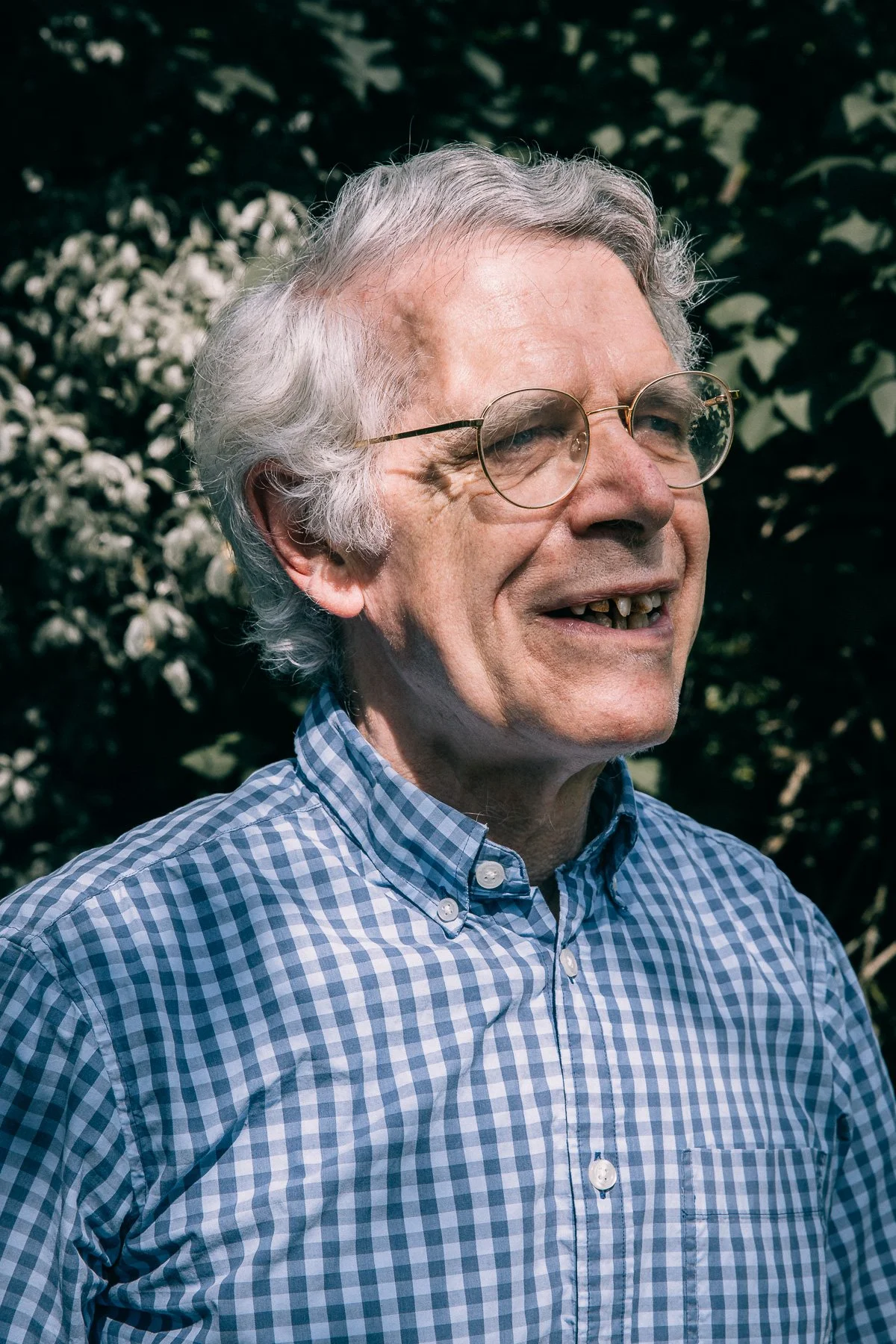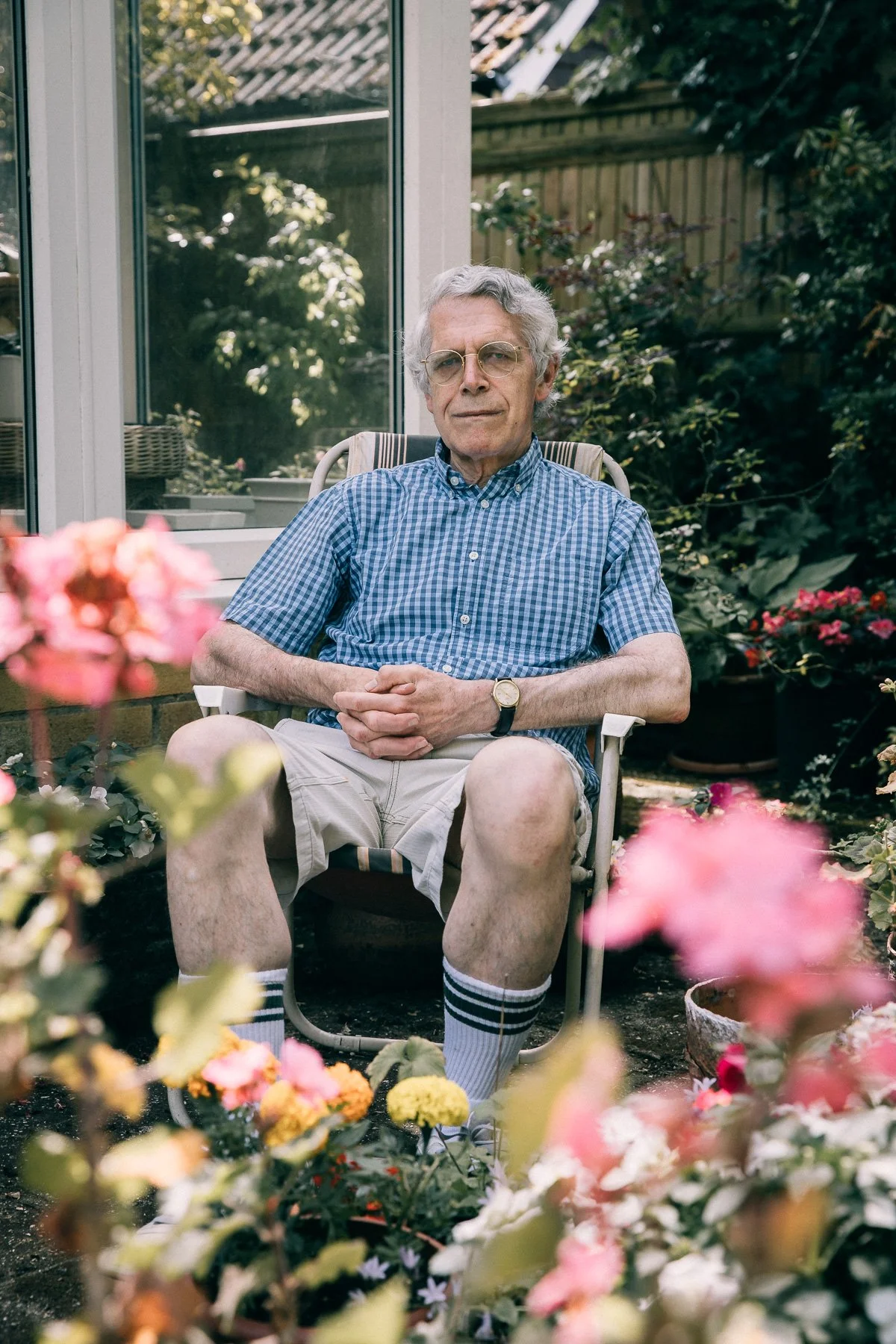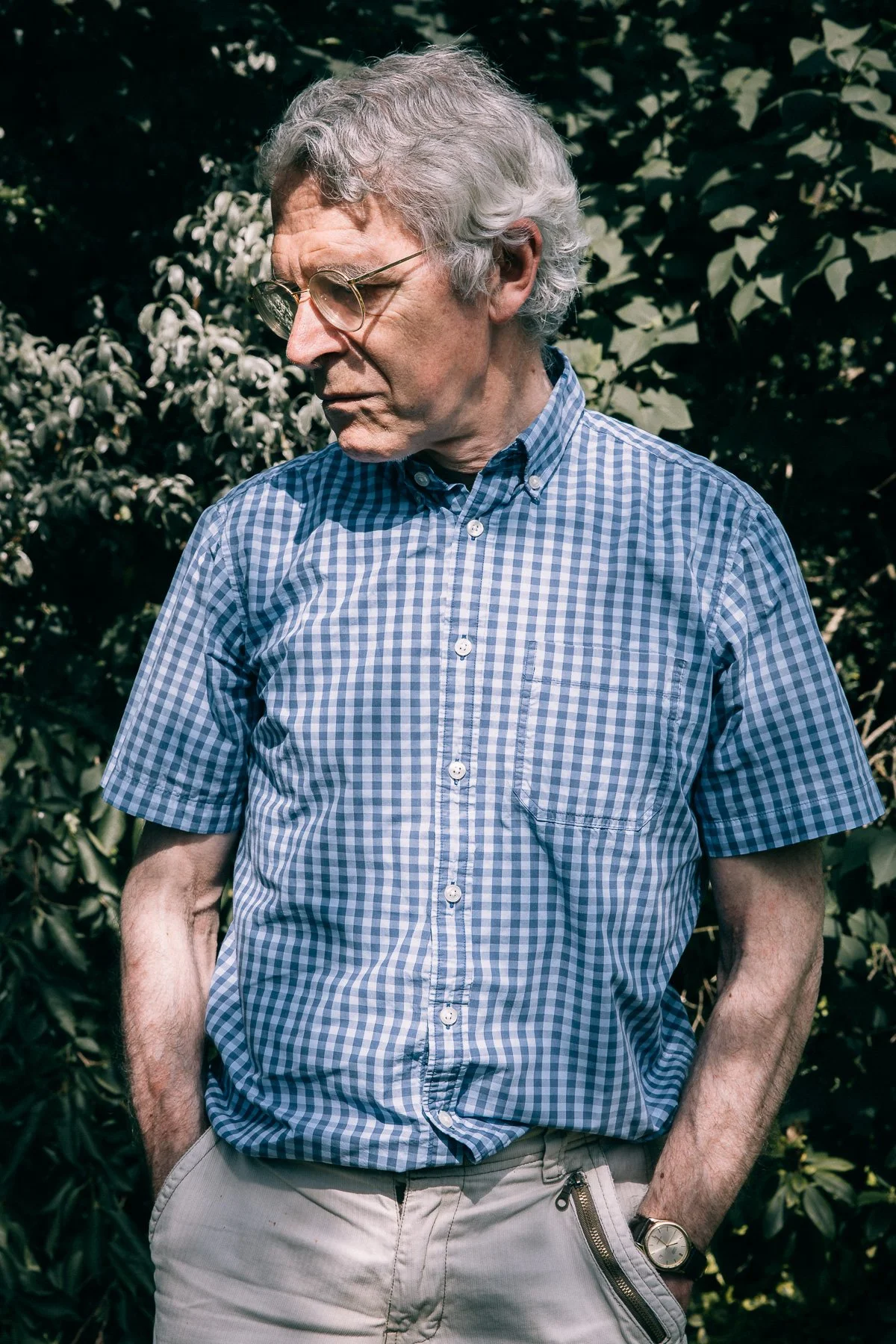From Back Room Discos to Book Clubs
When you’ve lived in one place your entire life, you see it differently than those just passing through. For David Page, a warm, softly spoken man in his seventies, Croydon has always been home. And for half a century, this South London borough has been the quiet stage for one of Britain’s longest-running local LGBTQ+ groups: the Croydon Area Gay Society, or CAGS.
“Scorpios don’t like change,” David tells me with a smile, settling into his armchair. “That’s probably why I’ve stayed here all my life. Croydon gives me a sense of security. I know it, and I know it reasonably well. Although these days, if I’m honest, I feel more attached to London as a whole. When I come back from holiday and see London again, I think: yes, this is my city.”
It’s not the first time David circles back to this theme: the pull of home, the way a place can shift in your mind but still hold you. We’re barely ten minutes into our conversation and he’s already mentioned feeling “lucky” to live on Park Hill three times.
‘It was the place to be’
When David was a child, Croydon still had its own distinct identity: a big town that hadn’t yet been fully swallowed by London’s sprawl. He remembers when they tore down rows of Victorian houses to make way for new office towers and shopping centres.
“Growing up, Croydon felt like it was going somewhere,” he says. “A whole new shopping centre, skyscrapers - well, what we thought of as skyscrapers then - it was exciting. Looking back now, I see how much beautiful old architecture we lost. But at the time, it felt like progress. It meant we were successful. Commerce wanted to come here. It was the place to be.”
He pauses, then adds: “Mind you, I’ve always been quite defensive about Croydon. People make jokes about it, don’t they? But I’ve always thought it’s safe. I’ve only ever been mugged once, back in the day, in the old East Croydon subway. They broke my glasses - terribly inconvenient. But even then, I didn’t think twice about going back through. I still walk through Croydon at night without a worry.”
The concrete towers remain, but Croydon’s reputation has shifted. To some, it’s just a grey commuter hub. David shrugs at this. “That’s their loss, really.”
The start of something safe
CAGS started in the 1970s, when David was already in his thirties. The group began life as a local branch of the Campaign for Homosexual Equality, part of a national network fighting for basic legal rights.
“Back then, it was simple but so important,” David says. “People were coming out for the first time. CAGS gave them somewhere to go, somewhere they could meet others like them. Just knowing you weren’t alone was huge.”
"Mind you," David adds, "I came out quite late myself. I told relatives one by one. Never told my mother, though. I was worried she’d fret, especially when AIDS started happening. There was always that fear of rejection, you know? So much was secret then.”
CAGS never had its own building, but it had places that became unofficial homes. The Star, a pub on London Road, where they held discos in the back room.
“We’d hold fundraisers at The Star,” David remembers. “The idea was we’d buy premises of our own. But property prices always rose faster than we could save. Bit frustrating, really.”
There was The Croydon pub in the town centre too, another safe pocket. “There was a cottage, a public toilet, right next door to the police station in central Croydon,” David says, raising an eyebrow. “It always struck me as odd that it was right there. But then again, sometimes the safest place is the least expected one. Or maybe the police just didn’t care to look.”
The shadow of AIDS
David’s timing with coming out later probably saved him from the worst heartbreak of the AIDS crisis, though he doesn’t put it quite like that.
“If I’d come out a few years earlier, I would have lost so many friends,” he says. “As it was, I knew the people who were dying, but they weren’t all close friends. Some members of CAGS weren’t so fortunate.”
That’s when many CAGS members got involved with ACE, the AIDS Care Education Project. It wasn’t planned, really. People just saw what needed doing and did it.
“We got premises in Croydon and later in Mitcham,” David recalls. “We thought we’d paint the new building in a few weekends. Of course, every single wall needed doing - took us months. We raised money with jumble sales, music nights, cabarets. Bit of everything, really. For a time, we really made a difference.”
ACE eventually folded when NHS funding was pulled. “We lost out to another group who were subletting from us at the time,” he says with a shrug. “We tried to keep going, but without premises it was too difficult. Still, for a while there, it mattered.”
Good books and nice lunches
These days, CAGS looks very different. David admits they’re not really political anymore, “partly because we got what we fought for, partly because we’re older.”
There are no all-night fundraisers, no discos in back rooms. There are lunches at local cafés, a reading group at the library, classical concerts.
“We don’t want clubbing at midnight,” David says with a slight smile. “We’d rather have a good book and a nice lunch.”
But it’s not just about age, he adds. “Keeping friendships going takes effort. Especially as you get older. It’s too easy to just stay in, isn’t it? CAGS does that work for people. Gives you a reason to come out, to see someone familiar.”
He pauses. “And we know it won’t last forever. Fewer younger people join these days and that’s fine. If you’re young, you probably want something else. We’re here for people who need us.”
A legacy worth protecting
When our conversation turns to the future, David’s mood shifts slightly. “It only takes one charismatic leader to turn things,” he says. “Look at America. We thought their democracy was ironclad and now, well, you see how quickly things can shift. So yes, we need to be vigilant.”
Does he think young LGBTQ+ people understand how much work came before them? “I don’t know,” he says, then pauses. “Maybe not. Maybe they think it’s always been like this. But it hasn’t. It didn’t just happen.” Another pause. “I don’t think we need young people to stand around giving us glory,” he laughs. “But I do think we need them to remember how easily it can all be taken away.”
One day, David knows, CAGS will fade. He's not bitter about that. "Once the older members are gone or too frail to come out to events, it will have served its purpose," he says simply. "And that's fine. Other groups will come along and they'll do what people need next. That's how it should be."
He settles back in his chair. “Just existing this long is an achievement,” he adds. “We’ve done what we came to do.”
This article originally appeared on: https://queercroydon.com/queer-croydon-meets-david-page/



